ORGANIZERS
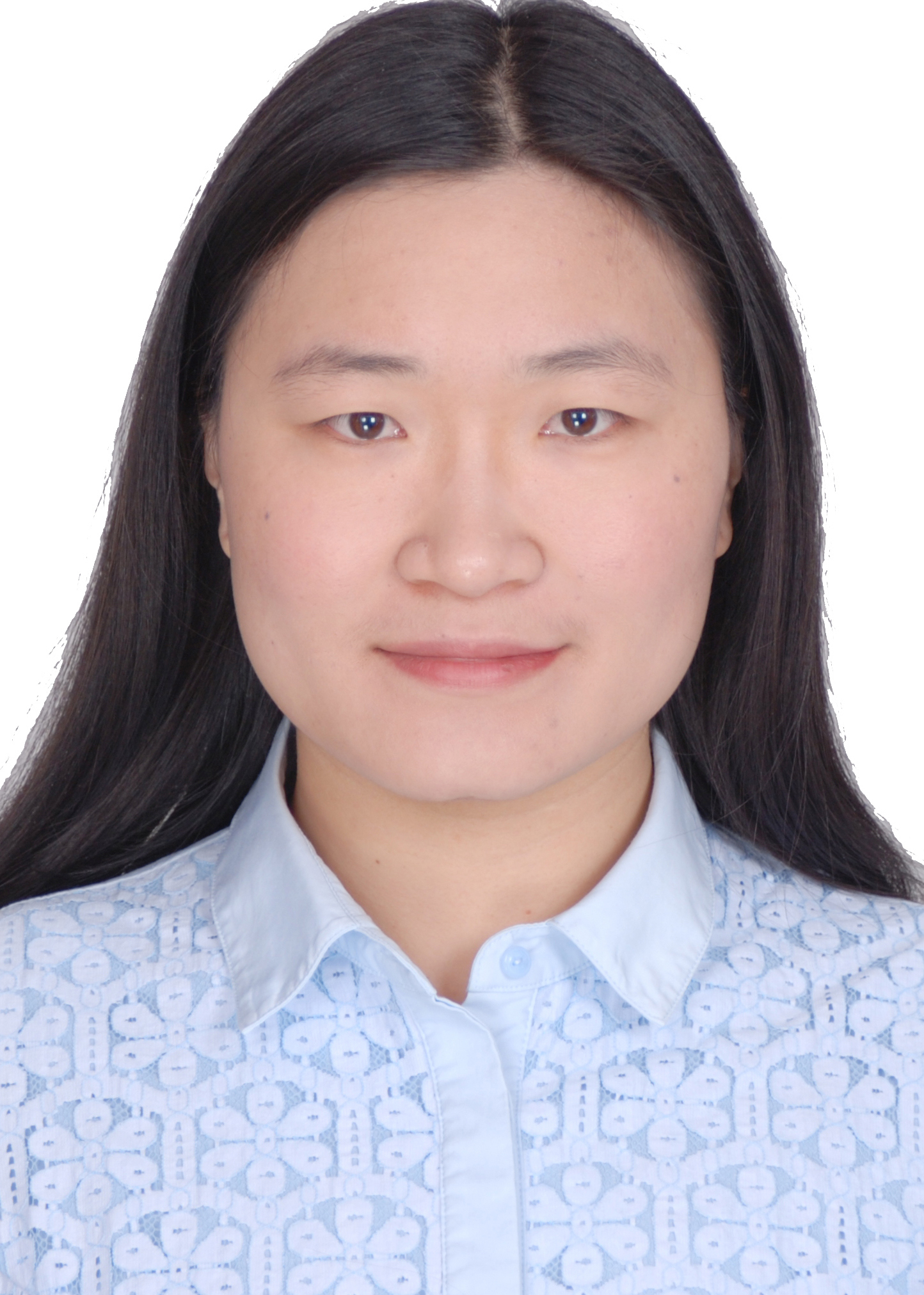
Sha Zhao
Zhejiang University
Sha Zhao is a Postdoctoral Research Fellow with the College of Computer Science and Technology, Zhejiang University. Contact her at szhao@zju.edu.cn
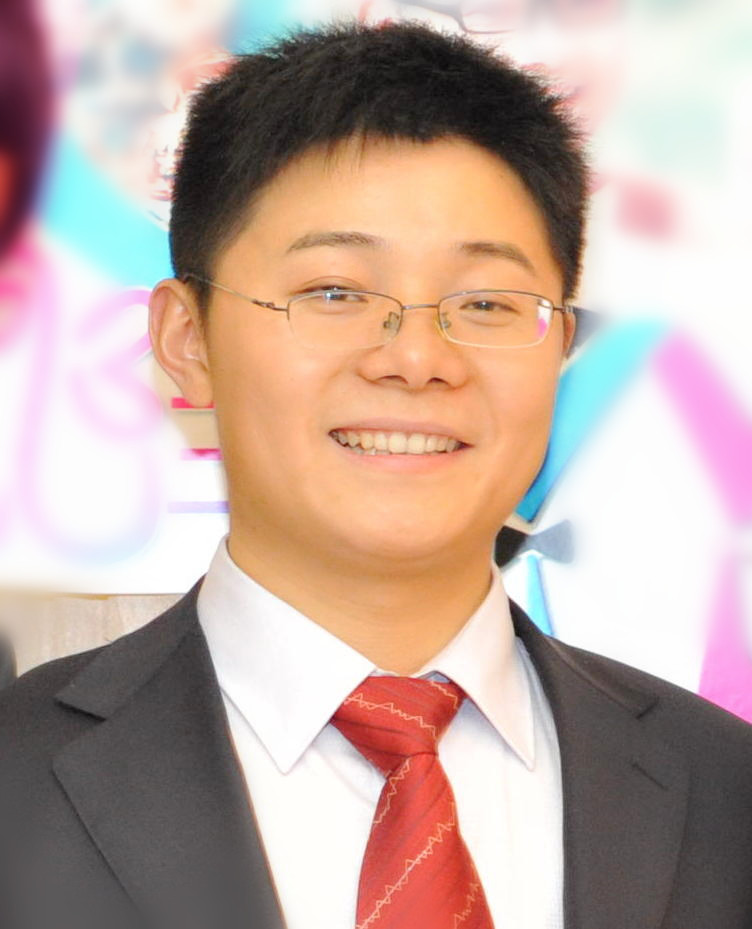
Yong Li
Tsinghua University
Yong Li is a Associate Professor with the Department of Electronic Engineering, Tsinghua University. Contact him at liyong07@tsinghua.edu.cn
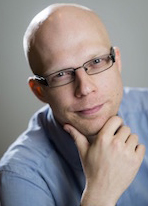
Sasu Tarkoma
University of Helsinki
Sasu Tarkoma is a Professor and Head the Department of Computer Science at the University of Helsinki. Contact him at sasu.tarkoma@helsinki.fi
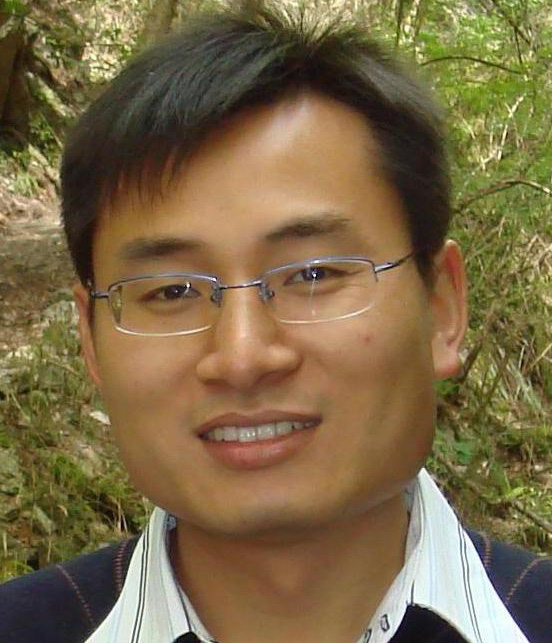
Zhiwen Yu
Northwestern Polytechnical University
Zhiwen Yu is a Professor and vice dean in the School of Computer Science, Northwestern Polytechnical University. Contact him at zhiwenyu@nwpu.edu.cn

Anind Dey
University of Washington
Anind Dey is a Professor and Dean of the Information School, University of Washington. Contact him at anind@uw.edu
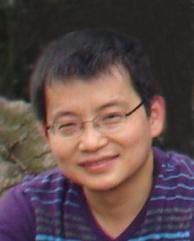
Gang Pan
Zhejiang University
Gang Pan is a Professor with the College of Computer Science and Technology, Zhejiang University. Contact him at gpan@zju.edu.cn